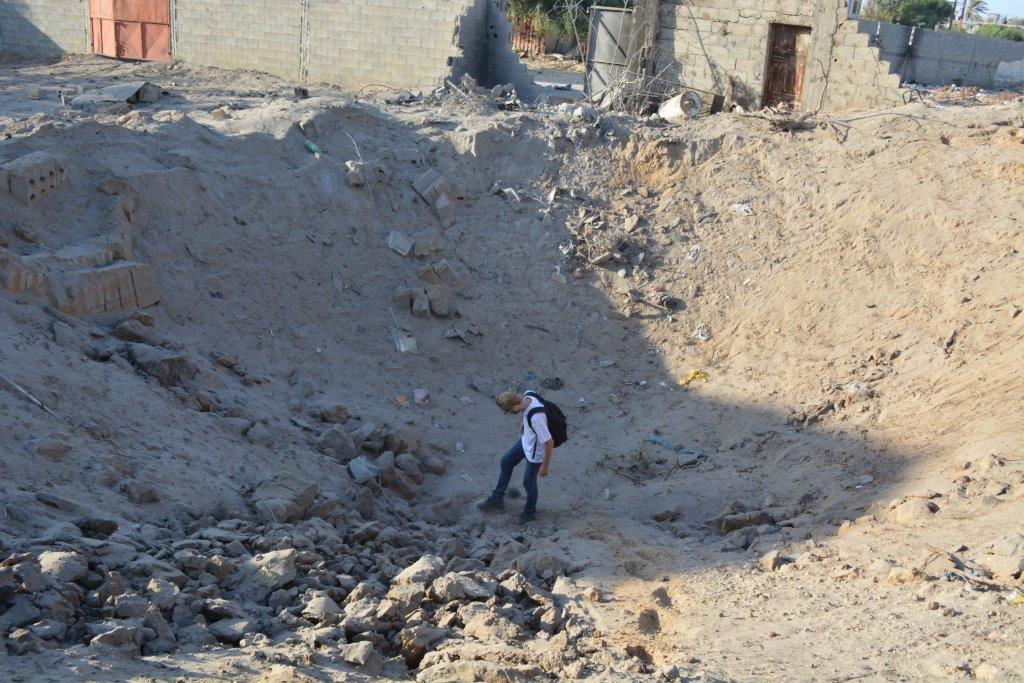Tag: Gaza City
-

Report from Gaza: “This is our country, even if it’s just a country by name”
9th July 2014 | International Solidarity Movement, Charlie Andreasson | Gaza, Occupied Palestine The Israeli air forces’ strikes on Gaza over the past days have increased in intensity and are creeping ever closer to the center of Gaza City. Just after 2PM yesterday, four people were killed, according to initial data they belonged to Hamas’s…
-
Photo Essay: Gaza City – Aftermath of the bombing
5 January 2013 | Occupied Palestine, Gaza City A man prays surrounded by the remnants of a governmental building in Gaza City. A building in Gaza City after being bombed by an Israeli F-16. Belal Almzannar stands in front of his house, next to the building where 10 members of the Al-Dalou family were…
-
Remembering Mamoun, killed by an Israeli missile as he played football
By Rami Almeghari 22 June 2012 | The Electronic Intifada, Gaza City “I can never forget his image with blood all over his little body and both his legs badly injured,” Umm Mamoun Hassouna told The Electronic Intifada as she sat at a relative’s house in Gaza City. “I am a preacher [for women] at…
